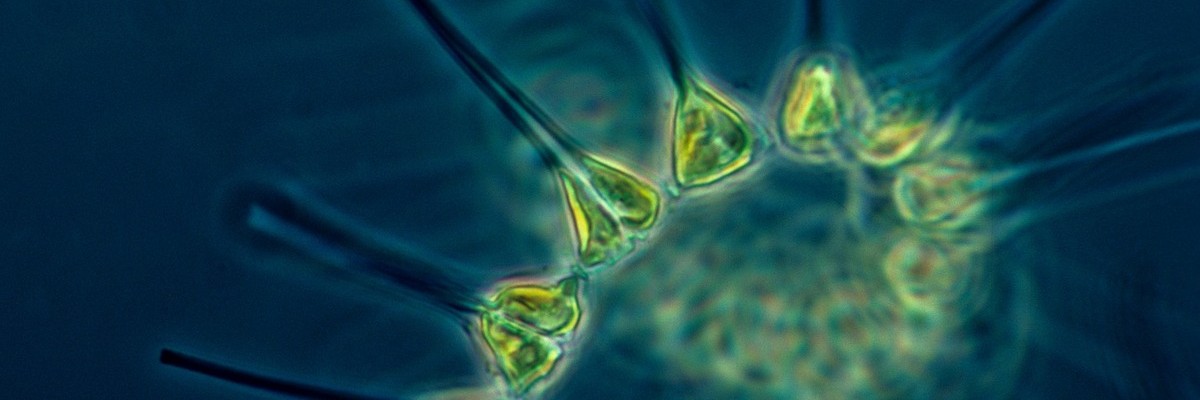New research raises doubts about the energy efficiency of diesel alternatives derived from phytoplankton. Biodiesel derived from microalgae may actually emit more carbon during production and use than petroleum-based diesel. The poor performance of the biofuel is attributed to its manufacturing process, which requires more energy than the final product can generate.
Microalgae, the phytoplankton that grows in fresh and saltwater, initially appeared as promising candidates for biofuel production, as they can produce up to 30 times more energy than other biofuels due to their high fat content. However, recent studies indicate that these advantages do not translate into energy efficiency due to the high costs and energy consumption associated with algae cultivation, processing, and electricity supply.
Researchers argue that significant technological transformations are necessary to enable large-scale production of biofuels from microalgae. The potential of using microalgae as a viable alternative fuel source could be realized through outdoor cultivation with natural light and the development of less energy-intensive methods for production.
Source: E360

